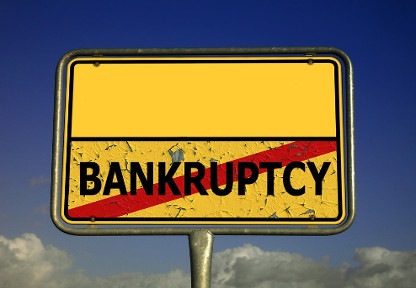When a person files bankruptcy a compromised estate is created of everything you own at the time of the bankruptcy, including everything you are entitled to. There are two types of bankruptcy options:
Chapter 7 bankruptcy – with this bankruptcy the trustee can sell estate property to repay your creditors
Chapter 13 bankruptcy – here you must pay your creditors at least what they would have received had you filed for Chapter 7 bankruptcy.
Whichever type of bankruptcy you choose to file, there are exemptions provided for in the Texas Bankruptcy Laws. These protect certain assets, property, allows you to take property out of the bankruptcy estate and reduces the amount you must pay in Chapter 13 bankruptcy.
In Texas, you have the choice to either use the Texas state exemptions or to use the Federal Bankruptcy Exemptions. However, residents of the state of Texas are not able to mix and match from each exemption list. The Texas bankruptcy exemptions chart details the property you can exempt or protect from creditors when you file bankruptcy in the state of Texas. This provides for the protection of any asset that falls into any one of the exemption categories up to the dollar amount awarded.
The Texas bankruptcy laws allow for married couples to file bankruptcy jointly; to each claim a full set of exemptions. This provision is informally known as ‘doubling’.
Application of exemptions
The exemptions follow some parameters including these:
The property will be kept exempt after you file bankruptcy Exemption is limited to equity on the property. Equity is the difference between the value of the property and what is owed on the property.
Therefore, if the property is secured by a loan and you are up to date on your loan payments and the equity is covered by your exemption; you have the choice to keep making payments on the loan and keep the property through the bankruptcy. However, if equity is not covered by your exemption the trustee may opt to liquidate the asset and distribute the proceeds of the sale.
To keep non-exempt property, the debtor must pay the value of the non-exempt property to the trustee.
Examples of property exemptions
Homestead exemptions – the law allows for unlimited exemption for residents on a 10 acre or less property in a city, town or village or 100 acre or less property in the country. In the event the debtor sells the property during the bankruptcy, the proceeds of the sale are exempt for 6 months after the sale under exemption.
Motor vehicle exemption – the law allows for the protection of the total value of one motor vehicle per licensed household member. This exemption also extends to motor vehicles of unlicensed household members as long as they have someone to operate the vehicle.
Pension and Retirement Accounts – under the U. S Tax Code, most pension and retirement accounts are already exempt and are thus protected during bankruptcy.
There are many other areas that are exempt under the Texas Bankruptcy laws, contact a law firm of professionals with renowned experience in Texas tax exemption laws to know more.
[paypal-donation]













